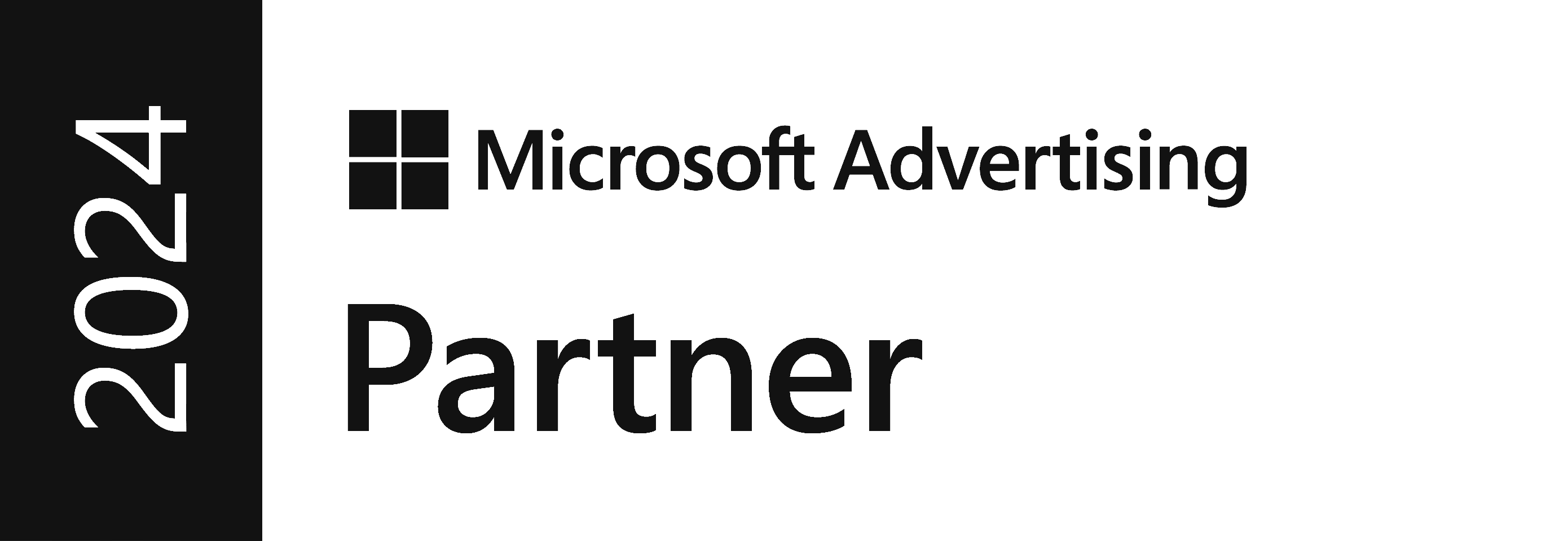As June continues to whizz by, most of us will be looking forward to the late summer evenings and long sunny weekends, but one date that many marketers have in their calendars is June 30th 2022; aka the day Google ends Expanded Text Ads for PPC and transitions into only supporting Responsive Search Ads (RSAs) for the Google Ads platform.
What are Responsive Search Ads?
Responsive Search Ads will essentially work the same as the Expanded Text ads have in the past, but have been expanded even further. Instead of 3 Ad Headlines and 2 Ad descriptions, RSAs allow you to instead create up to 15 headlines and 4 descriptions. I know this sounds like a lot but you will not be required to fill all of these out for every Advert you create – although as many as possible is recommended.

How do RSAs work?
Responsive Search Ads work by using Google’s programmatic learning to dictate which of the headline and description combinations work best for your potential website visitors, with the aim of increasing overall Click Through Rate percentages and conversions for your site.
One main worry I have seen from fellow marketers is that RSAs aren’t the most intuitive system in the marketing world, occasionally showing combinations that don’t make sense or even showing very similar headlines across all three headline options. Whilst this can be true, you do also have the ability to pin headlines or descriptions to be shown only in one place, effectively bundling together Ad elements that you feel are similar or convey the same message.

Are Responsive Search Ads better than Expanded Text Ads?
Yes! This allows a lot more evaluation of how different headline and descriptions work together, essentially giving advertisers much more insight into how each ad can perform and allow for much more granular testing of your advertising assets
Will this affect my Google Ads Strategy?
Not really, no. We can still have complete control over how our Ads look and deliver advertising and PPC campaigns that show exactly what we would expect whilst strategically improving the effectiveness of our overall Ads.
But what can you do to make this work for you? Firstly, really pay attention to how the Responsive Search Ads are performing. What I mean by this is keep a very close eye on your best performing headlines and descriptions, then use this information to build new Ad elements. The best part about this change after all is how you can test lots of headlines and descriptions to really improve your PPC strategy!
How do I know if my RSAs are good?
A further positive element to this change is that Google will now tell people their “Ad Strength” and also give you many ideas on how you can increase the effectiveness of your advertising with many additional elements that the Ads would benefit from. This feature has been added alongside the Quality Score allowing Advertisers to gain a real insight into how Google itself is rating your campaigns
We would advise that you take Google’s recommendations with a pinch of salt however, and only ensure that you apply changes that are relevant to your business!

Final Thoughts on the removal of Expanded Text Ads.
Marketing Automation is Google’s key focus in the coming years. They have been investing heavily in their programmatic offering, allowing marketers to access this machine learning and is key for all their advertising going forwards.
Since the big shift from Display into Smart Display campaigns has seen such great success, changing search campaign ads to be more responsive is the next stage in their ongoing strategy that is bound to yield marketers many successful results. This will, however, require a bit more hands-on evaluation of these ads to ensure they are optimised to the best possible standard they can be.
If you have any worries about the removal of Expanded Text Ads, writing these Responsive Search Ads or even just talking about the different types of Search Ads, then please reach out to myself or any of the Optix team.
1st Floor, Alphin Brook House,
Alphin Brook Road,
Exeter EX2 8RG
MORE THAN
Digital
Marketing.
View our sustainability page.
PPC for B2B
PPC for Law Firms
PPC for Luxury Ecommerce Brands
PPC for Travel and Tourism
GEO Audit






